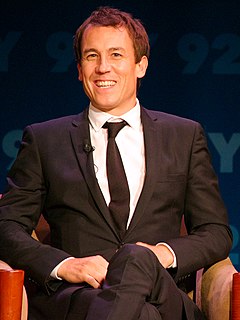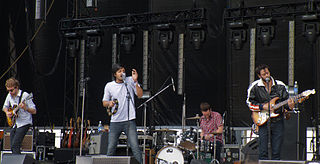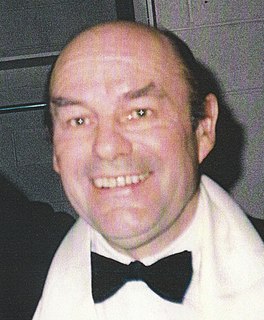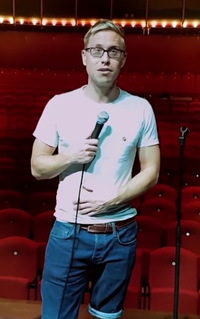A Quote by Tobias Menzies
I love little theatres because it's very intimate, and you can have a very easy rapport with the audience. Everyone's in the same room.
Related Quotes
Shooting of a sex scene is never going to something where you're having a wonderful time. It's a very intimate thing and a very intimate space to be put into - that's usually a space reserved for one. To have someone else in that proximity is pretty jarring, but we're all in the same boat and we're all experiencing the same anxieties.
Never imitate. The mind is an imitator, because imitation is very easy. To be someone is very difficult. To become someone is very easy - all that you need is to be a hypocrite, which is not much of a problem. Deep down you remain the same, but on the surface you go on painting yourself according to some image.
Our band tries and be as personable with fans as possible because up until the last two months it's been very bearable and easy to get to know fans on first name basis, especially the fans who come to multiple shows. Now its getting a little bit harder with new people and it's a little overwhelming so we're trying to strike the balance of being a very public band that establishes a relationship with the audience.
You know obviously a big TV or film break would be lovely, but I find that I’m essentially a theatre trained actor and that’s what I love doing. I love fringe theatres in London, I love theatres like the Royal Court, Soho and the National obviously and if I could work in any of those and be a jobbing actor for a while then I’m very lucky.




































